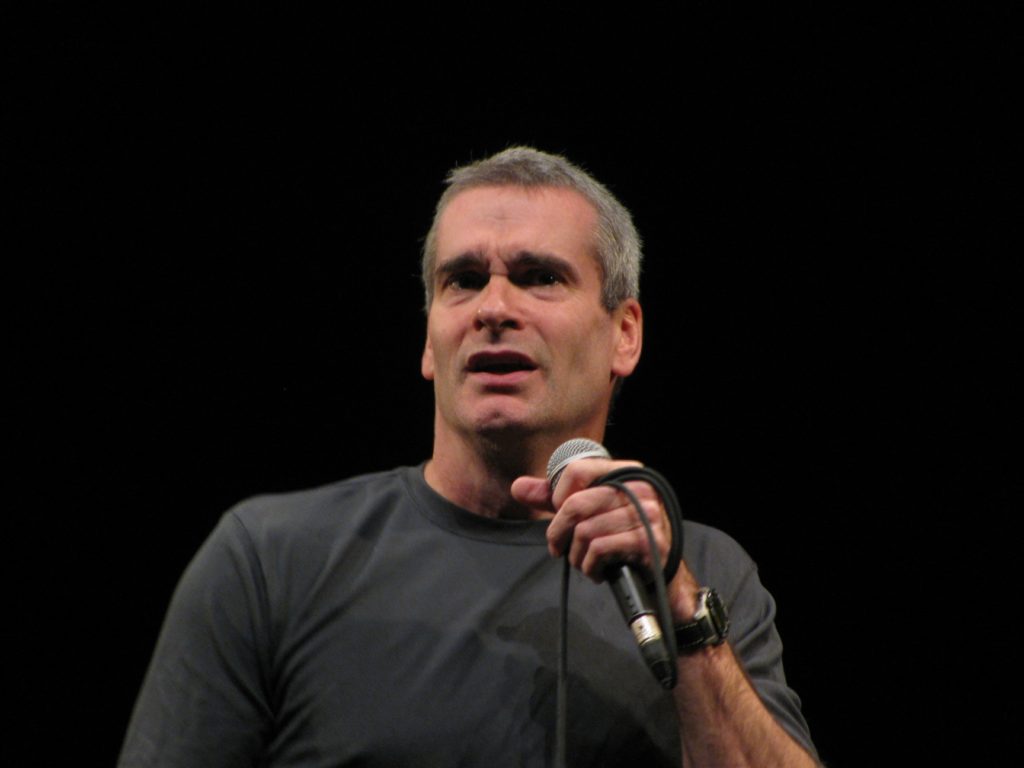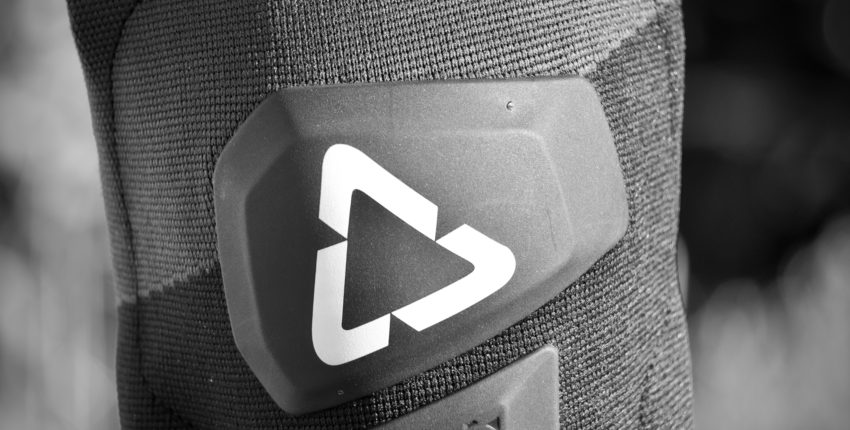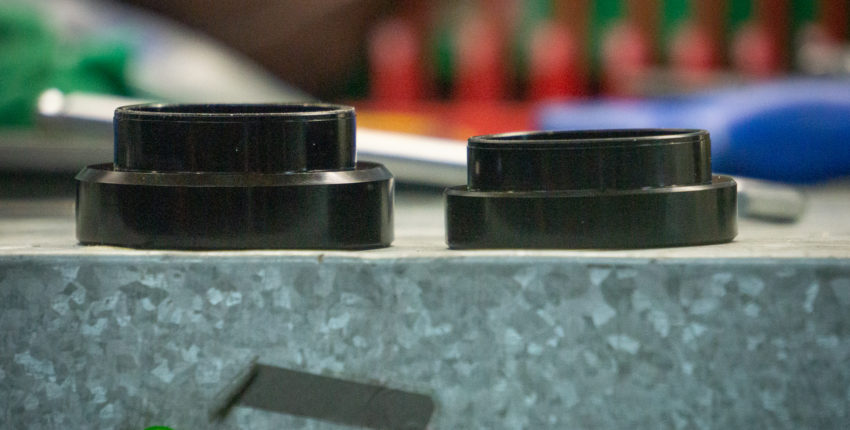Uncle Hank Says “Be Exceptional”

Henry Rollins, Sydney Opera House
The Festival of Dangerous Ideas is the perfect setting for a former punk frontman to vent his anger at those things in the world that still make his bile rise. However, there is less bile and more hope than I would have imagined.
When Rollins opens his spoken word telling the audience that “it is beneath you” in his call for Australians to reject political machinations like a plebiscite to bring about marriage equality, I think that I’ve got his performance pegged; the aggression with which he calls us out over this social justice issue is what I expect.
However the breakneck journey we’re taken on over two and half hours is not just a performance of raging thought, of memorised prose and poetry, but a machine-gun paced contextualised philosophical exposition.
Rollins cruelly jokes at the beginning that he knows those who have seen him before were worn down and almost screaming at the end for him to just stop talking, so they could get up and reclaim some feeling in their butt cheeks. So along the way he will give us signals, signposts, that the torture will eventually end. But while we occupy that seat, we are his, we have entered into a pact with him and he will be heard.
Then I am exposed to a man of 55 and half years, as he reminds us regularly, who is sincere, thoughtful and even apologetic for his occasionally overly-passionate discourse. I’m confused by his self-effacing manner. And he’s very funny. Watching him describe his joy at his own Monty Python moment on the ship to Antarctica – “Albatross!” – as he points across the room is so genuinely amusing you can’t help but be charmed.
But he is entirely self-aware. He tells you he doesn’t like people, finds people’s company uncomfortable, and you know it. From the way he stands, the way he expresses himself, the tone with which he communicates. There is no warmth, he’s not trying to win you over, he’s not interested in whether you like him or not. The only time he shows any excitement about performing here tonight is when he acknowledges he was pleased to hear it was sold out, and he smiles.
We’re treated to his favourite “moments” spent with David Bowie and Lemmy Kilmister, to his excitement about being the first person on the planet to listen to The Stooges’ Raw Power in full sitting on the edge of Antarctica. It is an intimate moment when we hear of his mother’s joy at his interest in her album collection and their weekly trips together to the record store where whatever he pointed at and thought looked interesting she would buy, including Hot Buttered Soul by Isaac Hayes. Music provided relief to an unending round of schoolyard bullying––it was not just his solace, he literally describes it as the “on/off” switch in the schoolyard––when the music played, the bullies left him alone, when the music stopped they circled again. Music kept him safe.
There are other spectacular moments that were borne of his acting career, anecdotes that are cringeworthy and correspondence that is rabid in its disgust of this icon of punk for choosing to work in this field. I’m not sure I’ll ever be able to make myself watch the film Jack Frost but I almost owe it to him to put myself through that torture to see for myself if it truly is as bad as he describes it. And watching him play a Neo Nazi in Sons of Anarchy isn’t on the cards any time soon.
But all of these stories in the journey are examples of the message he ultimately wants us to hear. He wants us to realise that you will be criticised no matter what you do, so be true to yourself and get on with it. The act of doing is what’s important. Choosing to do, doing with purpose, is what makes you exceptional. This is exceptional because at the end of the day you have no idea the influence or impact you are having.
Henry Rollins didn’t demand I be exceptional, he illustrated how we all are each time we walk a path, not by rote, but by choice, and each time we take our lived experience and put it in our backpacks and grow strong enough to carry it with purpose.
At the end of the night I felt like I understood why he uses the salutation he does when answers his phone. It explains exactly who he is––“This is Henry” ––and he has just challenged you to be exactly who you are.



